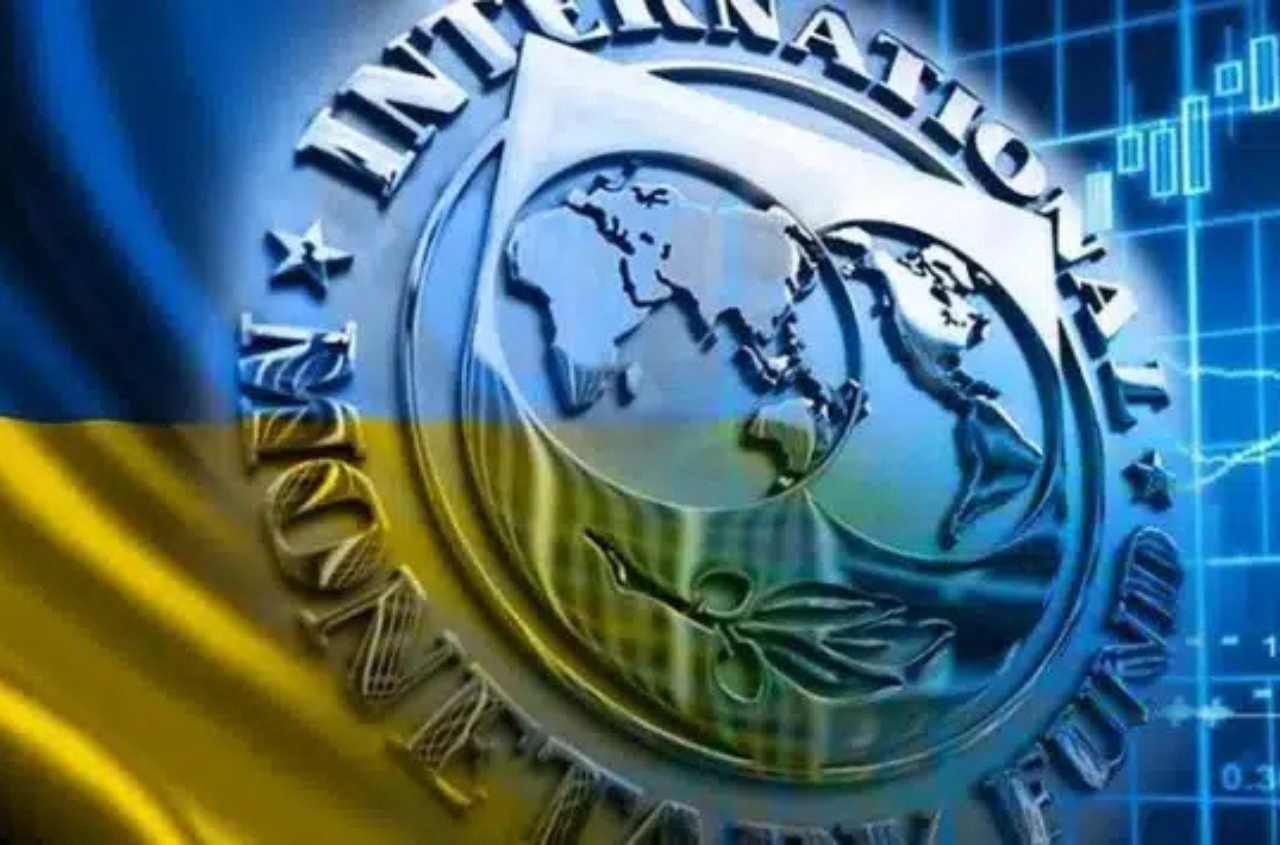Russia is actively engaged in sabotaging European railways by hacking into their signaling systems, a fact supported by statements from European officials and analyses of Russian attack targets. Martin Kupka, the Czech Minister of Transport, has drawn attention to the increasing trend of railway attacks across Europe, noting that Russia has launched "thousands of attempts" to undermine these vital transportation networks since the onset of a full-scale conflict, as reported Robert Lansing Institute.
These actions by Russia pose a significant threat to Europe, utilizing its extensive cyber capabilities to target civilian infrastructure. This jeopardizes both freight and passenger traffic, impacting the region's transportation efficiency and safety.
The timing of these railway attacks is particularly concerning, coinciding with NATO's recognition of the crucial role railways play in logistics. Railways serve as the fastest and most efficient means of transporting large quantities of military equipment and vehicles across borders, without congesting roadways. However, Russia's disruptive tactics extend beyond direct sabotage of railway infrastructure to include logistical obstacles that hinder transportation. This includes leveraging intelligence capabilities and political influence to orchestrate protests and strikes at transport hubs.
France encountered such challenges when deploying its military forces to lead NATO's new combat group in Romania. French tanks, already loaded onto trains for transport across the continent, were halted at the German border due to administrative issues. This highlights the critical importance of a swift response to threats to ensure NATO's defense capabilities. The French command's perspective underscores the necessity of credible deterrence, emphasizing the need to prevent Russia from disrupting the movement of military assets, such as delayed tank shipments at border crossings.
NATO's top commanders echo this sentiment, recognizing the need for swift action to mobilize up to 500,000 troops to NATO's easternmost borders at the first indication of Russian aggression. Presently, the primary risks stem from Germany, Hungary, Slovakia, and Poland, where Kremlin-affiliated agents wield significant influence, capable of obstructing borders and transport routes.
Railways serve as a linchpin in Europe's logistical framework, yet the movement of troops across the continent faces formidable bureaucratic hurdles and an unstable infrastructure, particularly in nations with substantial Russian economic and political clout.
This predicament traces back to Western policies following the Cold War, which sought to distance themselves from Cold War-era strategies and viewed Russia as a potential partner rather than a strategic adversary.
While civilian and commercial vehicles enjoy seamless movement within the Schengen area of the European Union, military transport encounters stringent regulations. For instance, customs clearance for tanks and artillery howitzers imported into Germany, a pivotal location for European defense due to its central geography, often takes three to four weeks, compared to just several days in other countries. Such delays are deemed unacceptable and pose a threat to the overall security of the region.
Moreover, Russia is cognizant of the inadequacies in European railways, particularly the shortage of appropriate rolling stock. For instance, Deutsche Bahn can only transport two armored brigades simultaneously, each consisting of approximately 85 tanks and numerous armored vehicles. This shortfall also jeopardizes U.S. logistical capabilities for unloading military equipment at the Dutch port of Rotterdam.



















